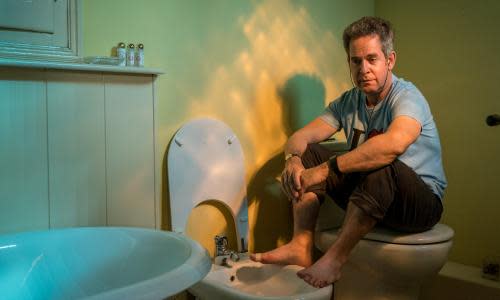Is David Nicholls's TV adaptation of Us better than his novel? I was crying too hard to compare them

I read Us by David Nicholls in 2014. I’d pre-ordered the hardback, and when it came through my door, I read it through tears in maybe two sittings. Even though, at the time, I had no real notion for myself of what a nuclear family was, or could or should be, at the heart of the book is one man’s plight to just get things right. And whoever you are, however logical, or practical with your emotions, most of us just want to get things right when it comes to the people we love.
Fast forward six years. I knew that, emotional as I am (quite the opposite to Us’s protagonist Douglas Petersen), I’d have to steel myself for the TV adaptation, written by Nicholls himself. I watched all four episodes in one sitting. It felt so soothing, so ordinary, set during a time when the only thing that would upend a family holiday was arguments, rather than quarantine, or having to wear a mask through airport security and then on a plane, or the threat of a life-altering or -ending illness. At first, I was crying a few tears, wiping them away with the back of my hand. By episode three, I had a half-empty box of tissues next to me. I was so wrecked that I didn’t even have the mental capacity to find the differences between the novel and the TV show. But that’s what a good adaptation does, right? Because it’s not about comparing and contrasting prose with script, it’s about expressing what’s at the heart of the work itself.

